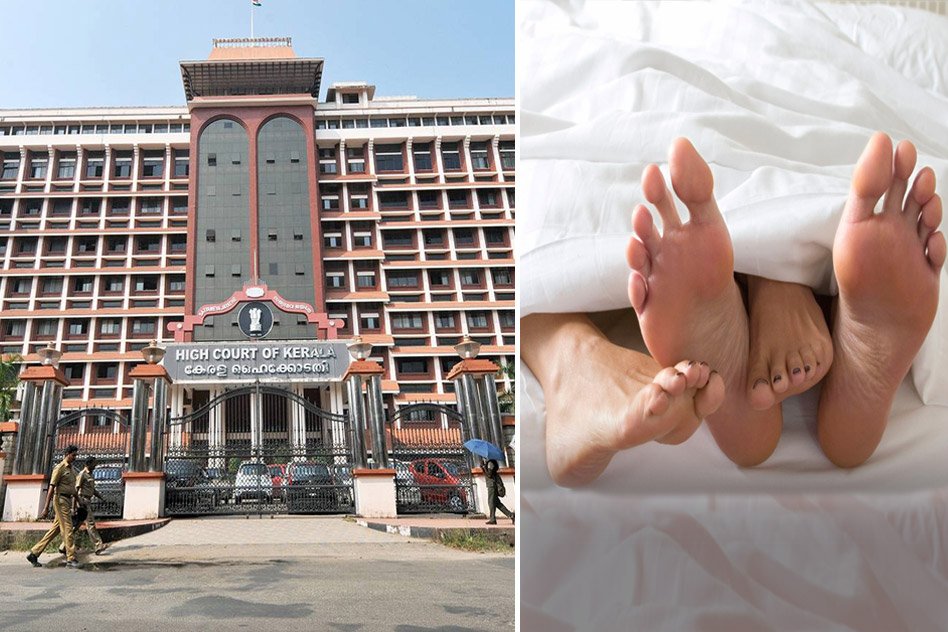
After Bombay HC, Now Kerala HC Says Educated Woman Having Sex On Promise Of Marriage Isn't Rape
10 Feb 2017 6:53 AM GMT
A month ago, Bombay High Court upheld that an educated girl, who has given her consent to have pre-marital sex cannot accuse her partner of rape. Reiterating this verdict, Kerala High Court on Wednesday also declared that an educated woman having pre-marital sex would not be considered as being raped since it is consensual. The court said that an educated woman cannot be cheated more than once on the promise of marriage.
The judgement came out when the court was considering an appeal filed by Ratheesh Ramachandran of Ernakulam. The 31-year-old had challenged the Ernakulam court’s judgement in which he was convicted of rape at Kerala high court in April 2012.
In August 2008, a 27-year-old engineering graduate alleged that she was taken to a hotel where the accused had forced her to have sex and she was also subjected to sexual intercourse thrice at her home. The alleged accused retracted the promise to marry her in April 2008. Following which, she tried to commit suicide.
The accused had defended that the case was false as the sexual relationships were established with the consent of the girl. The trial court had sentenced the accused to seven years imprisonment. Also, he had to pay a fine of Rs 10,000.
Kerala high court judgement
The Kerala High Court acquitted the appellant and said in the judgement that the analysis of the proof given by woman shows that she had intercourse with the accused many times at her residence. Even an uneducated lady cannot be duped or deceived more than once or twice on a promise of marriage. The complainant is a well-educated lady who has a degree in engineering. It is quite unbelievable that she could be easily deceived on many occasions on the pretext of marriage. Admittedly, thrice or four times such instances were at her residence when her parents were away. There are not many probes required in the case to find that the intercourse which the prosecutor had with the accused on many occasions at her house was with her consent.
Evidence produced during the trial by the accused
During the trial, a letter written by the complainant to a woman to whom accused had proposed and decided to marry was produced. An e-mail was also sent by the complainant to the defendant after she filed the complaint against him. The letter and the mail were produced as evidence, and the petitioner confessed during the trial that both the letters were written by her.
The High Court observed that the letters clearly show that the complainant had an affair with the defendant and she had sex with him several times willingly. The complaint alleged rape when the accused decided to marry another woman.
The accused was declared innocent, and the court held that on studying all the evidence which includes letters admitted in clear terms by the complainant, the court finds that it is a clear case of consent and the intercourse was not at anytime initiated on the pretext of marriage. In the circumstance, a conviction under Section 376 IPC (rape) was not possible at all. The accused was wrongly found guilty by the lower court.
The article on the decision by Bombay High Court can be read here.
The Logical Indian welcomes such unbiased judgements, ensuring an innocent person does not spend seven years of their life in prison for a crime they did not commit.
 All section
All section













